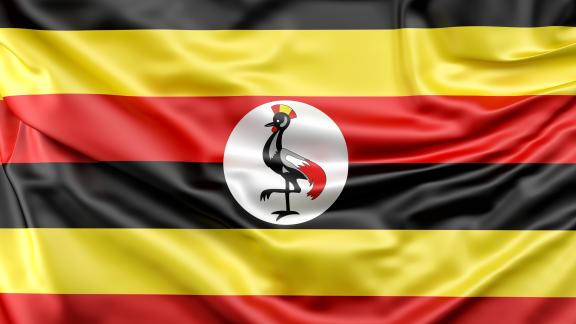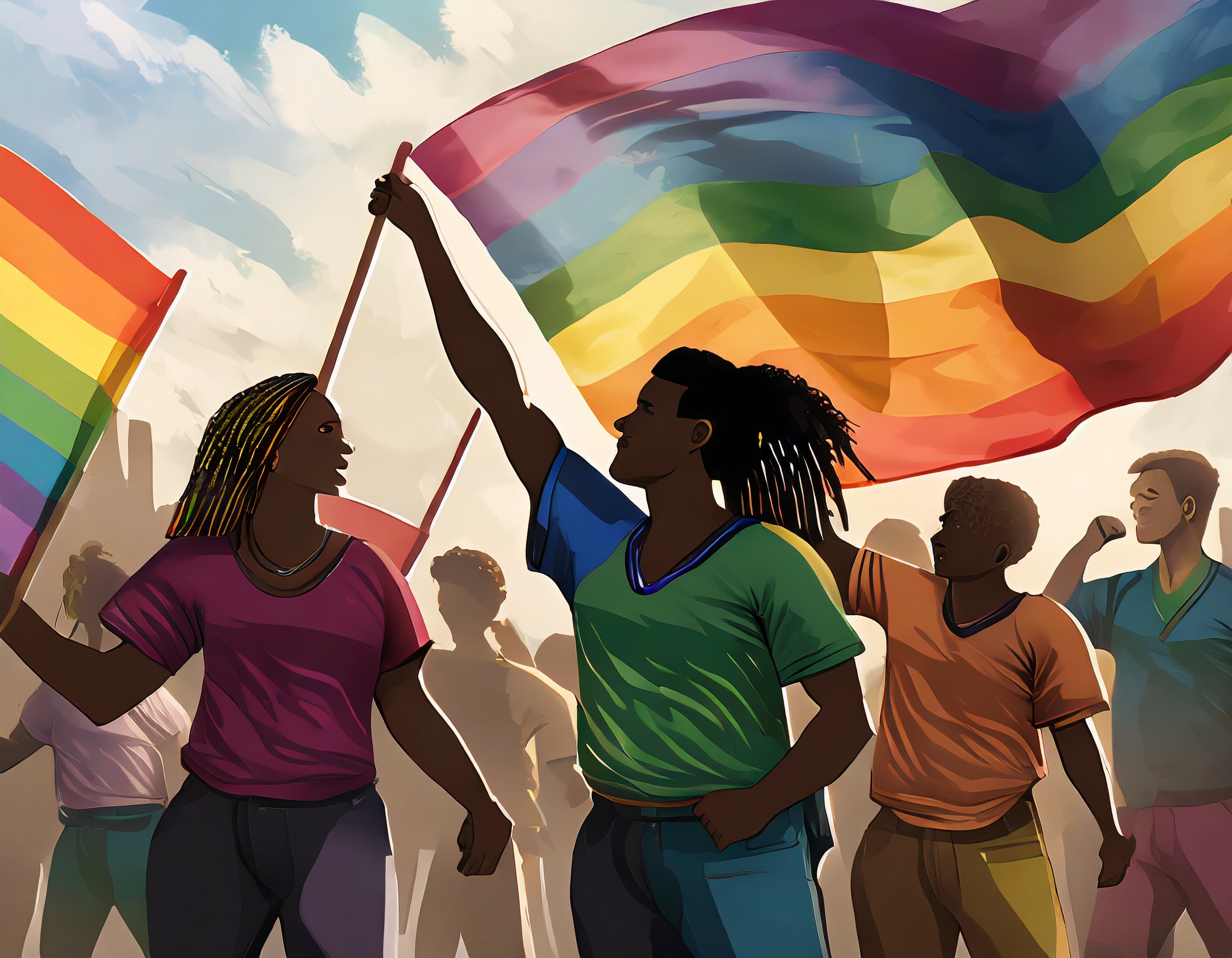Nairobi, Kenya: 12 June 2025 – At the International Planned Parenthood Federation Africa Region (IPPFAR), we recognise the critical role of development financing in tackling poverty, strengthening infrastructure, and improving access to essential services across Africa. However, such financing must be inseparable from a strong commitment to human rights and international human rights standards. The World Bank’s decision to lift its suspension on funding to Uganda, despite the country’s enforcement of one of the world’s most extreme anti-LGBTQI+ laws, is alarming and unacceptable.
Since the passing of Uganda’s 2023 Anti-Homosexuality Act (AHA), LGBTQI+ Ugandans have faced alarming levels of violence, eviction, and state-sanctioned persecution. While the World Bank has stated that it will implement 'mitigation measures' to protect against harm and discrimination, we remain deeply skeptical that such mechanisms can meaningfully protect Ugandan LGBTIQ+ communities when national laws actively criminalise their very existence.
“As the World Bank reinstates lending to Uganda, LGBTQI+ communities remain criminalised, targeted, endangered, and erased. Financial inclusion cannot come at the cost of human rights and dignity. There is no development without rights, and no progress worth celebrating while people live in fear simply of being who they are,” said Marie-Evelyne Petrus-Barry, IPPF Africa Regional Director.
True development requires centering rights, dignity, and justice as fundamental principles. This means recognizing the historic and ongoing inequalities marginalized groups face and actively dismantling barriers hindering their access to human rights, freedom, and equality.
We stand in solidarity with LGBTQI+ Ugandans and others across the continent whose rights and freedoms are being erased and disregarded. We cannot allow development institutions to quietly retreat from their responsibilities while communities suffer. This is not impartiality; it is complicity.
“This decision sends a dangerous signal: that persecution can coexist with international economic agreements, and that the rights of the most marginalised can be deprioritised in the name of development. At a time when anti-rights groups are actively working to roll back hard-won protections, we urge global institutions to act morally, ethically, and with principled consistency. Development is not development if it emboldens discrimination, normalises violence, or ignores the lived realities of LGBTQI+ people”, said Marie-Evelyne Petrus-Barry, IPPF Africa Regional Director.
We call on:
- The World Bank to publish its mitigation measures, ensure they are community-informed, and report transparently on how they will protect human rights in practice;
- The Government of Uganda to repeal the Anti-Homosexuality Act and uphold its constitutional and international human rights obligations;
- All development partners centre rights, dignity, and equality as non-negotiable conditions for engagement.
At IPPF Africa Region, our commitment is clear: meaningful health and development cannot exist without justice and inclusion. We stand with LGBTQI+ communities in their pursuit of a future where all people can live openly, safely, and with full dignity.
END
For further information or to request an interview, please contact:
Mahmoud GARGA, Lead Strategic Communication, Voice and Media, IPPF Africa Regional Office (IPPFAR) – email: [email protected] / Tel: +254 704 626 920
ABOUT IPPF AFRICA REGION (IPPFAR)
The International Planned Parenthood Federation Africa Region (IPPFAR) is one of the leading sexual and reproductive health (SRH) service delivery organizations in Africa, and a leading sexual and reproductive health and rights (SRHR) advocacy voice in the region. Headquartered in Nairobi, Kenya, the overarching goal of IPPFAR is to increase access to SRHR services to the most vulnerable youth, men, and women in sub-Saharan Africa.
Supported by thousands of volunteers, IPPFAR tackles the continent’s growing SRHR challenges through a network of Member Associations (MAs) in 40 countries. We do this by developing our MAs into efficient entities with the capacity to deliver and sustain high-quality, youth-focused, and gender sensitive services. We work with Governments, the African Union, Regional Economic Commissions, the Pan-African Parliament, United Nations bodies, among others, to expand political and financial commitments to sexual and reproductive health and rights in Africa.
Learn more about us on our website. Follow us on Facebook, Instagram, and YouTube.
when
country
Uganda
region
Africa, Americas & the Caribbean











